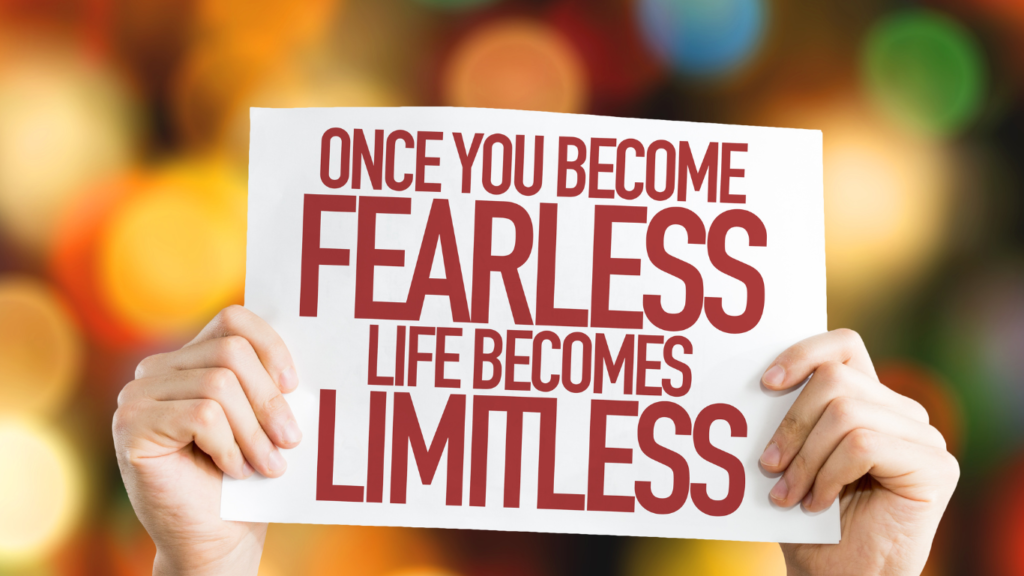
After looking honestly at your leadership style and examining your biases, you might want to become more open or at least want to cultivate openness as a leader.
One of the fastest and most effective ways I’ve learned to practice openness is to master two things. Number one, be genuinely curious; number two, find something about what you learn or hear that resonates.
Want to know how I do it? Become fascinated with your limited knowledge about whatever the other person is sharing. An example of this might be that you do not relate to playing golf as your senior leadership might. You may not even like the game of golf, yet that is what senior leadership values. You might ask yourself how much you know about golf to connect with them. Instead, learn why they like the game so much. Here are six actions you can take:
- Expand your knowledge about the activity (in this case, golf).
- Gain insight about golf that you did not know. Showing your interest can go a long way when it’s genuine.
- Gain insight about the person or persons to whom you are opening up.
- Recognize this as an opportunity to learn about their passion. It could prove an ideal insight into building that relationship.
- Demonstrate compassion for what is meaningful to them.
- Look for something about what you learn that resonates with you or connects to your business issue.
I cannot stress enough the importance of finding something that resonates with you. Pretending to be curious is like an actor pretending to be a character. It won’t fly with an audience, and your reputation will suffer. Faking curiosity is like rotting fish; you smell its presence long before encountering the actual fish. As a dear friend reminds me, the fish rots from the head down. When you smell it, know that the rotting smell trickles down from its beginnings. Remember that when a leader is not genuine, that attitude will permeate the entire team over time in much the same way that rot spreads.
I learned this as an actor when I landed my first role, leading me to become a professional. It was a role that opened me up to the possibility that what I experienced in my personal life, I also experienced as my character interacting with other characters facing the same issue of being marginalized in the story unfolding on stage. That was a crossover moment for me.
